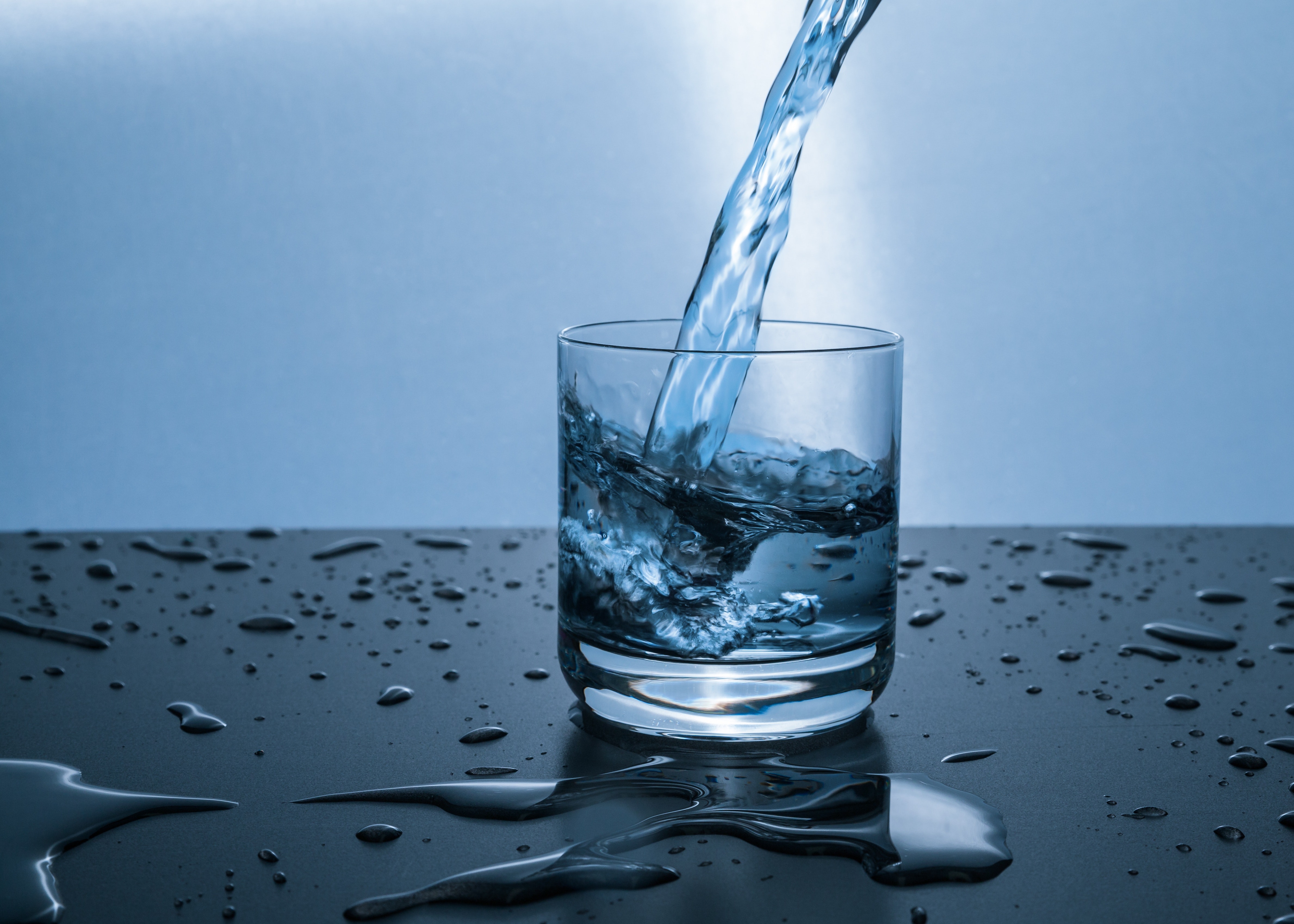
Water makes up around 50 to 60% of an adult’s body weight; therefore, any extra weight held by the body is known as water weight.
You’ve probably heard that when you lose weight fast, it’s usually water weight that makes you feel bloated. Well, water weight is totally normal since it is your body’s way of protecting you from dehydration.
However, excess water weight can make you feel swollen and uncomfortable, leading to a medical condition called edema. Though it may be harmless, it can be a side effect of heart, liver, or kidney disease.
Women also experience fluid retention during pregnancy or the luteal phase of their menstruation. Yes, water weight may seem uncomfortable, but it’s temporary and doesn’t mean fat gain. Therefore, here are the ten ways to shed water weight fast and safely.
There are natural remedies a person can flush excess water weight quickly and effectively. Let’s learn them below!
While it may sound contradicting, drinking water can reduce water retention. Dehydration can make the body retain water to compensate for the lack of incoming water.
Moreover, proper hydration helps improve kidney function as it allows excess water and sodium to be flushed out of the system. Medical advice from HealthCanal recommends adults’ water intake should be around 2 liters of water a day.
Too many carbs can cause the body to store more water. When you eat carbs, it is not converted to energy right away, especially if you’re not physically active. The energy we don’t use right away can be stored as glycogen molecules, where each gram of glycogen comes with 3 grams of water.
Hence, reducing carbs is the quickest way to use up the stored glycogen, meaning your water weight will also be reduced. Opt for low-carb diets or replace some daily sources of carbs with high-protein foods to lower the build-up of water weight.
Sodium, an element found in salt, is one of the most common essential minerals in the human body. If at the correct level, sodium plays a significant role in different bodily functions. However, too much sodium can lead to imbalances, leading to sodium retention.
A high sodium intake usually comes from salty meals composed of processed foods. It can further increase the risk of water retention if coupled with no exercise and low water intake.
Therefore, do not eat salty foods and eat natural foods that are low in sodium, such as nuts, seeds, and vegetables.
Doing physical activities is one great way to reduce excess fluid quickly. Any form of exercise that produces sweat means you will lose water. The average fluid loss during an hour of exercise is around 16 to 64 ounces per hour.
During exercise, your body shifts lots of water into your muscles, which can help reduce the water outside the cell. Nevertheless, you still have to drink plenty of water after a workout to maintain fluid balance and avoid dehydration.
Excess water retention could also be due to long-term stress. It happens because stress and cortisol increase the hormone that controls fluid balance, known as the antidiuretic hormone (ADH).
ADH works by sending signals to your kidneys, telling them how much water to pump into your body. Therefore, if you control your stress levels, you can maintain fluctuating hormones, like ADH and cortisol levels, which is essential for water balance and managing disease risk.
Getting enough sleep is as important as eating healthy foods and exercising regularly. Sleep affects the sympathetic renal nerves in the kidneys, which control sodium and fluid balance.
Moreover, enough sleep can help the body control hydration levels and weight loss and minimize water retention. Aim to get 8 hours of sleep per night.
Electrolytes are minerals with an electric charge in the body, such as magnesium and potassium. They play a vital role in the body, including regulating fluid balance and blood circulation.
When electrolyte becomes too low or too high, it can cause a shift in the water balance, leading to increased water weight. You should adjust your electrolyte intake with your water intake. Drinking plenty of water requires more electrolytes.
On the contrary, large amounts of electrolytes from super salty foods or processed foods with excess sodium coupled with low water intake can have an opposite effect, increasing water weight.
You should include several foods in your diet to counter water retention. For instance, potassium-rich foods are often recommended as they help balance sodium levels and increase urine output. This includes green leafy veggies, beans, avocados, bananas, and yogurt.
In addition, magnesium-rich foods are also recommended. Great source of magnesium includes dark chocolate, nuts, whole grains, and dark green leafy vegetables.
Changing unhealthy habits can make a significant change in your health as well as help you lose excess water weight. Reducing your intake of processed foods, doing physical activities, getting enough sleep, and eating nutritious foods are some changes you can make in your lifestyle.
Moreover, certain medications such as for high blood pressure can cause water retention, so check with your doctor or pharmacist if there’s a particular medication that causes edema.
Caffeinated beverages, such as tea and coffee, have diuretic effects that can help you reduce water weight. They have been shown to increase urine production, decreasing water weight slightly.
If you can’t drink a cup of coffee or tea daily, you can also get these contents from fat loss supplements. For weight watchers out there, taking fat-burning supplements can prevent gaining more weight at the same help in losing water weight because of the caffeine and green tea extract commonly found in natural fat burners.
Listed below are the eight common causes of water weight.
If you’re monitoring your weight, you might wonder how to tell whether the weight you gain is from water or fat.
One simple way to differentiate the two is by feeling your hands, legs, and face. Press with your finger on your legs or hands, and if it leaves imprints that last more than a few seconds, it’s water weight. However, if you press and it returns to its original shape right away, it’s fat weight.
Another way is by keeping track of your body fat percentage. Compare your current body fat percentage to your previous one. If the current one is more, you have gained fat weight, but if your body fat percentage is the same or decreases, yet you have gained weight, it’s water weight.
When your body is holding extra water weight, follow these tips to help you lose it naturally and prevent water weight in the future.
However, if your water retention persists or becomes severe, make sure to seek medical attention. At the end of the day, the best way to remedy water retention is to identify and manage the cause.














